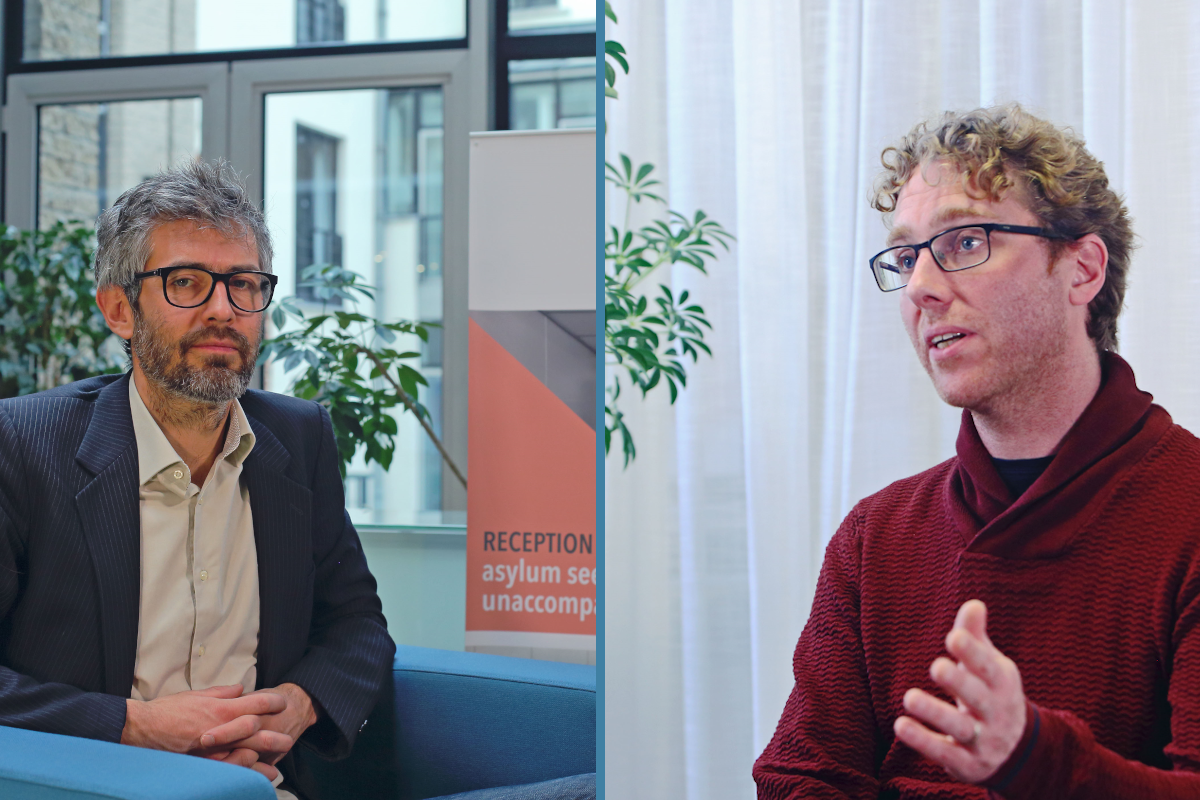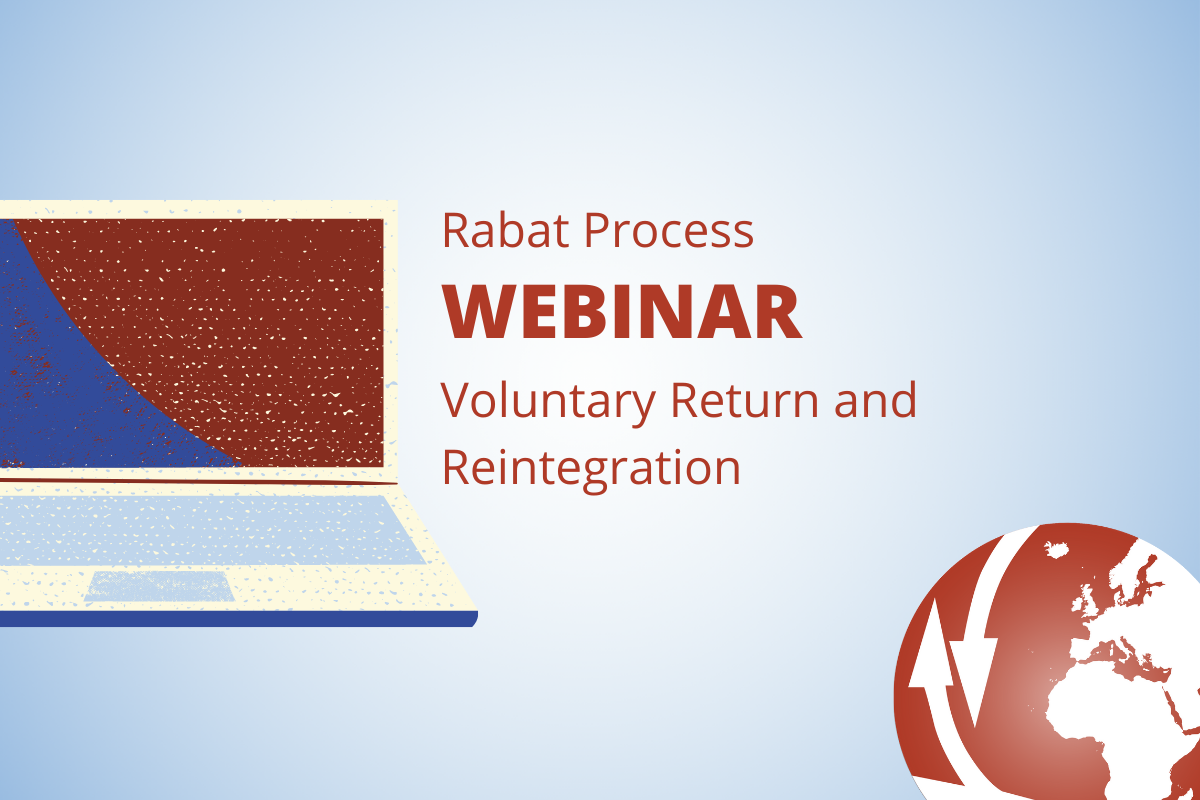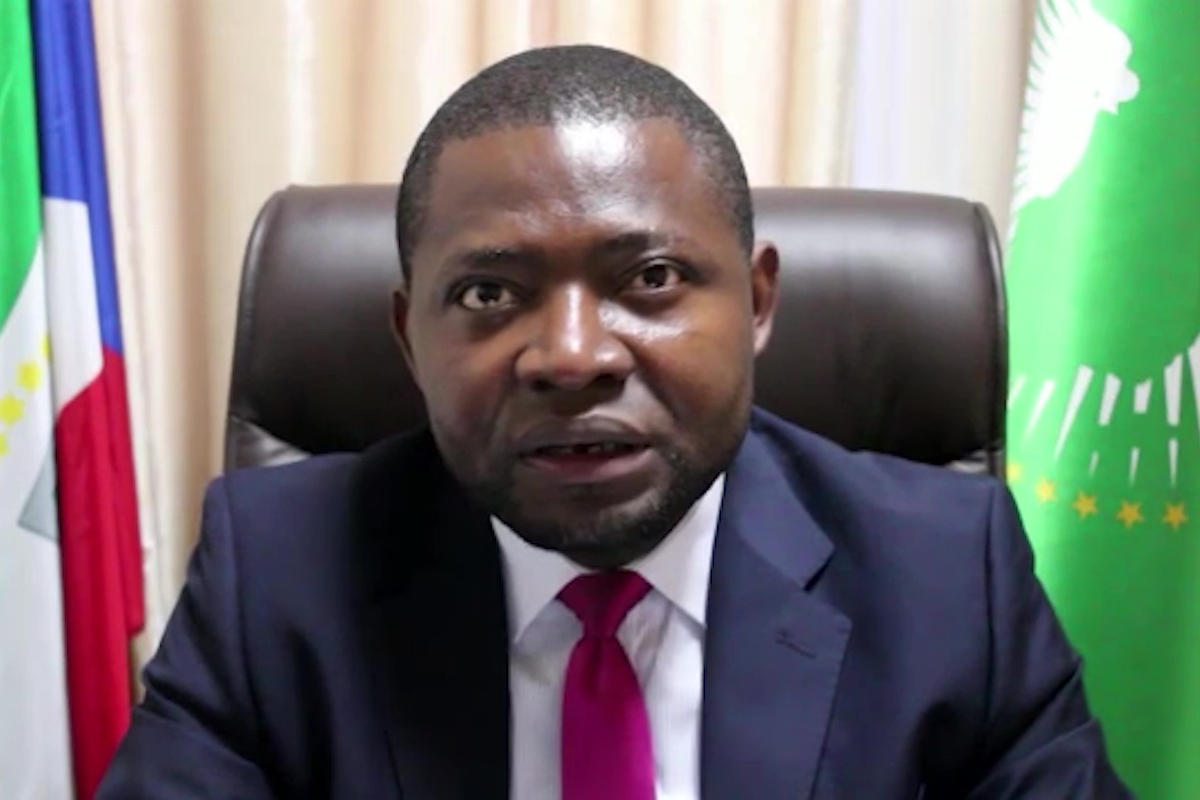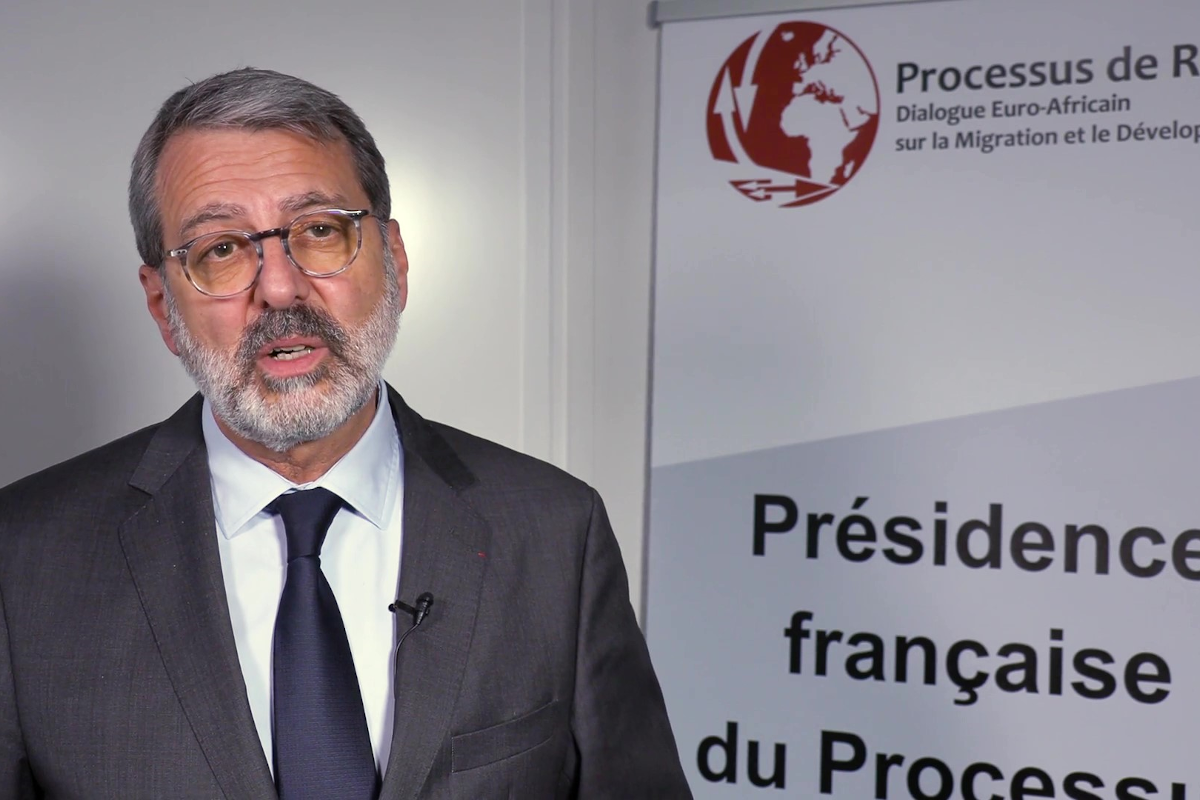The "Reach Out" project raises awareness about voluntary return among stranded migrants and migrants in transit. In this video, experts from the Belgian Federal Agency for the Reception of Asylum Seekers (FEDASIL) and the City of Antwerp share the results of the project and present their inclusive approach to return counselling. The video is part of a series of Rabat Process publications that share good practices on return and reintegration and has been premiered at the Rabat Process Webinar on Voluntary Return and Reintegration on 21 January 2021.
The “Reach Out” project is implemented by FEDASIL in cooperation with the French Office for Immigration and Integration (OFII) and Eurocities, with its first project phase ending in December 2020. The project aimed at increasing knowledge about voluntary return among “unreachable” groups - stranded migrants and migrants in transit. To do so, the project targeted cities willing to develop a comprehensive approach to return counselling for these groups and developed a community of practice around issues of counselling and return for undocumented migrants.
In the video, Jeroen Vandekerckhove, Project Officer at FEDASIL, presents the results of the project and provides an outlook on the follow-up project. The next project phase will particularly focus on ensuring the sustainability of the previous achievements. One of the tools to achieve this will be workshops on return counselling in urban contexts.
The experience of the City of Antwerp, one of the cities in the community of practice, is presented by Bert Verstraelen, Project Leader Voluntary Return of the City of Antwerp. Mr Verstraelen outlines Antwerp’s reasons for joining the project and what sets the “Reach Out” concept apart from other return projects. He highlights in particular the importance of involving a wide range of local stakeholders in return counselling projects.
The “Reach Out” project is financed by the ERRIN Facility of the European Return and Reintegration Network, which is a joint initiative of 15 EU Member States and Schengen countries, the European Border and Coast Guard Agency and the European Commission. The International Centre for Migration Policy Development (ICMPD) supports the programme as an implementing partner. ERRIN enhances European cooperation to improve both the return process, and the quality of support offered to migrants.






